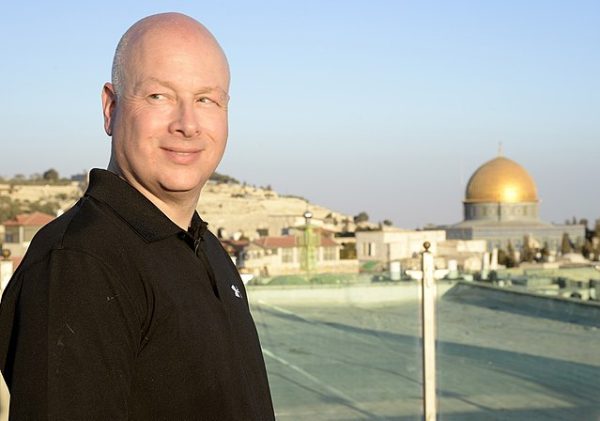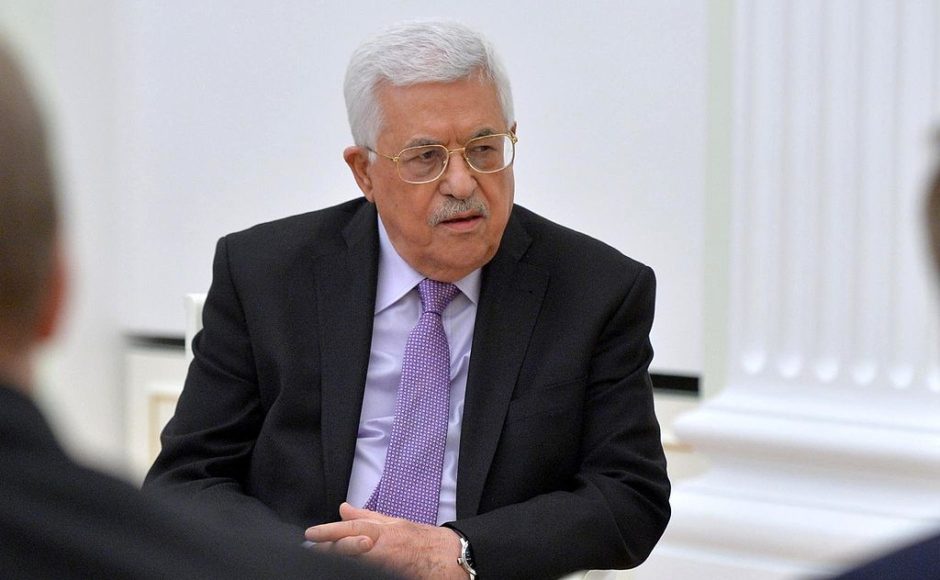A few days ago, Palestinian Authority President Mahmoud Abbas delivered what he described as a “history lesson” to the Palestinian National Council in Ramallah.
Some history lesson!
During the course of a long and rambling speech, he made false and grotesque claims. They will surely diminish him in the eyes of peace-loving Israelis and Jews in the Diaspora who think he’s a responsible and reliable partner in the advancement of peace and reconciliation between Israel and the Palestinians.
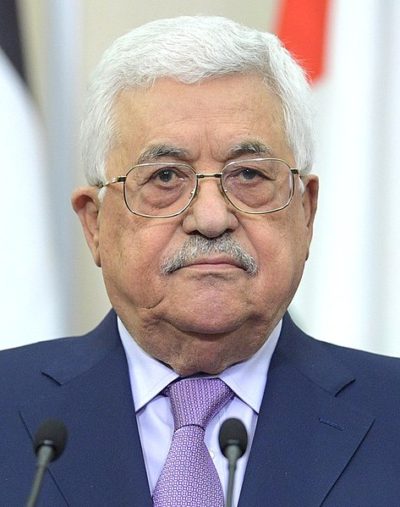
In shocking fashion, Abbas ascribed the Holocaust to the “social behavior” of Jews rather than to the vile antisemitism of the Nazis. “The anti-Jewish [sentiment] was not because of their religion, but because of their function in society, which had to do with usury, banks, and so on,” he said.
What he implicitly meant was that Jews had brought genocide upon themselves by virtue of their high concentration in finance. This is beyond absurd. As everyone knows or should know, Christian persecution of Jews was inspired by a complex array of religious, social and economic factors. Antisemitism was definitely not caused by one single outstanding grievance, as Abbas inaccurately believes.
Adolf Hitler’s decision to demonize, marginalize, persecute and murder Jews on an industrial scale was entirely rooted in age-old antisemitic tropes and stereotypes. Nazi hatred of Jews was certainly not a function of Jewish “behavior.”
In elucidating his cockeyed and ahistorical theory, Abbas placed the cart before the horse.
He surely must know that Jews were driven into money lending, and barred from numerous trades and professions, by a long line of antisemitic edicts and regulations. Nonetheless, Abbas blames Jews for the racism they have had to endure for centuries. Abbas’ formulation is so ridiculous, untrue and unfair that the German-Palestinian Society dissociated itself “clearly and unequivocally” from it.
Abbas’ unsubstantiated comments prove that he is a mediocre historian.
In his PhD dissertation, The Other Side: the Secret Relationship Between Nazism and Zionism, Abbas descended into a kind of Holocaust denial, alleging that the universally accepted figure of six million Jewish victims of the Holocaust victims was exaggerated.
Unfortunately, it’s a notion that is popular in the Arab world.
In his speech, Abbas also made reference to the “transfer” agreement between the mainstream Zionist movement in Palestine and the Nazi regime in Germany. To Abbas, this accord proved that Zionists collaborated with Nazis. The truth is far more complicated. The “transfer” agreement, grounded in sheer pragmatism, enabled 60,000 imperilled German Jews to immigrate to Palestine along with their property. The agreement saved lives and strengthened the Zionist enterprise. But to Abbas, Zionism and Nazism were only different sides of the same coin.
As well, Abbas raised provocative questions about the Jewish connection to Israel, claiming for the second time in four months that the Zionist movement was a European colonial project that had nothing to do with Jews.
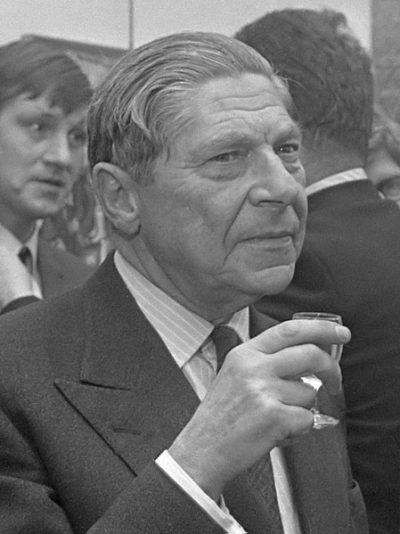
Abbas is of the opinion that Ashkenazic Jews are the descendants of the Khazars, a Turkic people who converted to Judaism more than a thousand years ago. This is a far-fetched notion that Arthur Koestler propounded in a book, The Thirteenth Tribe. In regurgitating this discredited theory, Abbas’ intention was obvious — to sow doubts about the historic relationship between contemporary Jews and ancient Israelites and thereby undermine Israel’s legitimacy.
Abbas’ comments are despicable and do not serve the interests of peace or the Palestinian people, as Nickolay Mladenov, the United Nations’ special coordinator for the Middle East process, said on May 2. “The Holocaust did not occur in a vacuum, it was the result of thousands of years of persecution,” he correctly noted. “This is why attempts to rewrite, downplay or deny it are dangerous.”
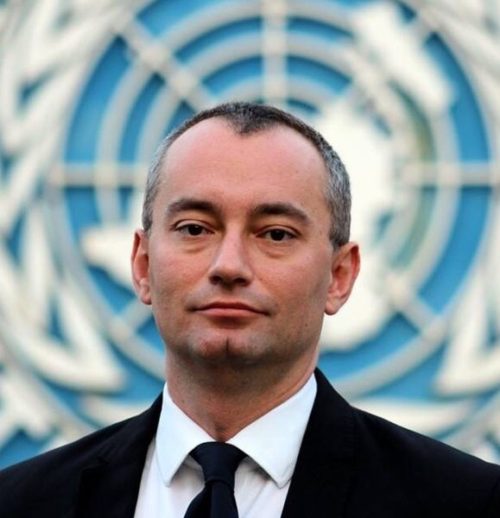
But lest it be forgotten, Abbas is not an altogether execrable figure. He has condemned the Holocaust as a crime against humanity. And with respect to the Palestinians’ struggle with Israel, he is a pragmatist rather than an ideologue. Abbas is opposed to violence to settle the Arab-Israeli conflict. And he supports a two-state solution, unlike the current Israeli government of Prime Minister Benjamin Netanyahu.
Since his accession to the presidency, Abbas has repeatedly expressed a desire for coexistence with Israel following an Israeli withdrawal from the West Bank, an idea that the current Israeli coalition government rejects. In recent months, the two-state solution has fallen deeper into the abyss as the prospects for peace have faded, further embittering Palestinians and tempting Abbas to recklessly cross red lines he should not traverse.

Since U.S. President Donald Trump’s recognition of Jerusalem as Israel’s capital and his concomitant decision to move the U.S. embassy from Tel Aviv to Jerusalem on May 14 — Israel’s 70th anniversary of statehood — the Palestinian Authority has rejected the United States’ long-awaited peace plan and disqualified Washington as a mediator in Israeli-Palestinian talks.
In the meantime, Palestinian protesters from the Gaza Strip have tried several times since March 30 to breach the border fence, resulting in the deaths of more than 40 Palestinians. Amid this turbulence, Netanyahu has focused all his attention on Syria and Iran, while totally neglecting the pivotal Palestinian issue, which lies at the core of the Arab-Israeli dispute. As Defence Minister Avigdor Liberman recently quipped, “We have three problems: Iran, Iran, Iran.”
Still, as Trump’s Middle East envoy Jason Greenblatt haas sagely observed, Abbas cannot expect to win hearts and minds in Israel by falsifying history and engaging in crude antisemitism. As Greenblatt correctly pointed out, “Peace cannot be built on this kind of foundation.”
